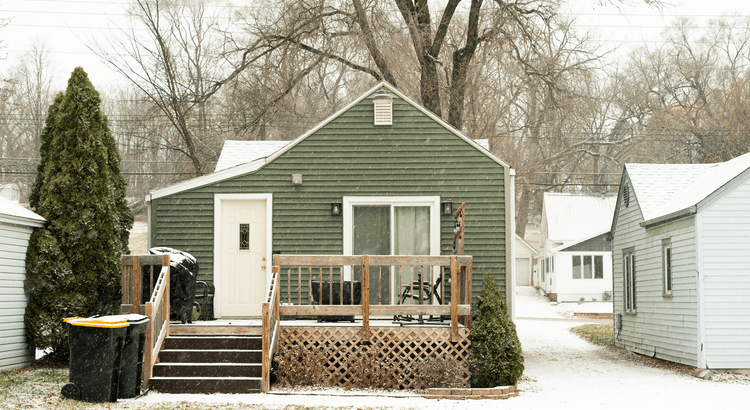Sales Contracts Soften on Inventory Woes
Pending home sales posted the first decrease in three months in May as well as the first year-over-year decline in nearly two years, according to the National Association of REALTORS®’s Pending Home Sales Index, a forward-looking indicator based on contract signings. All four major regions across the U.S. saw a decrease in pending home sales last month.
Pending Home Sales By RegionHere’s a closer look at how pending home sales performed in May across the country:
- Northeast: pending home sales fell 5.3 percent to 93 in May compared to April, which is unchanged from a year ago.
- Midwest: NAR’s pending home sales index showed a 4.2 percent decrease to 108 in May, which is 1.8 percent below a year ago.
- South: pending home sales dropped 3.1 percent to an index of 126.6 in May but are 0.6 percent higher than a year ago.
- West: pending home sales dropped 3.4 percent to a 102.6 reading and are 0.1 percent less than a year ago.
Source: National Association of REALTORS®
NAR’s Pending Home Sales Index fell 3.7 percent to a 110.8 reading in May (down from 115 in April and 111 in May 2015).
“With demand holding firm this spring and homes selling even faster than a year ago, the notable increase in closings in recent months took a dent out of what was available for sale in May and ultimately dragged down contract activity,” says Lawrence Yun, NAR’s chief economist. “REALTORS® are acknowledging with increasing frequency lately that buyers continue to be frustrated by the tense competition and lack of affordable homes for sale in their market.”
Home supplies in many markets continues to be scant, while mortgage rates are hovering near three-year lows and buyer demand is high.
“Total housing inventory at the end of each month has remarkably decreased year-over-year now for an entire year,” Yun says. “There are simply not enough homes coming onto the market to catch up with demand and to keep prices more in line with inflation and wage growth.”
The United Kingdom’s recent decision to leave the European Union also could have an impact on the U.S. housing market in the coming months, Yun notes.
“In the short term, volatility in the financial markets could very likely lead to even lower mortgage rates and increased demand from foreign buyers looking for a safer place to invest their cash,” he says. “On the other hand, any prolonged market angst and further economic uncertainty overseas could negatively impact our economy and end up tempering the overall appetite for home buying.”
Source: National Association of REALTORS®


No comments:
Post a Comment